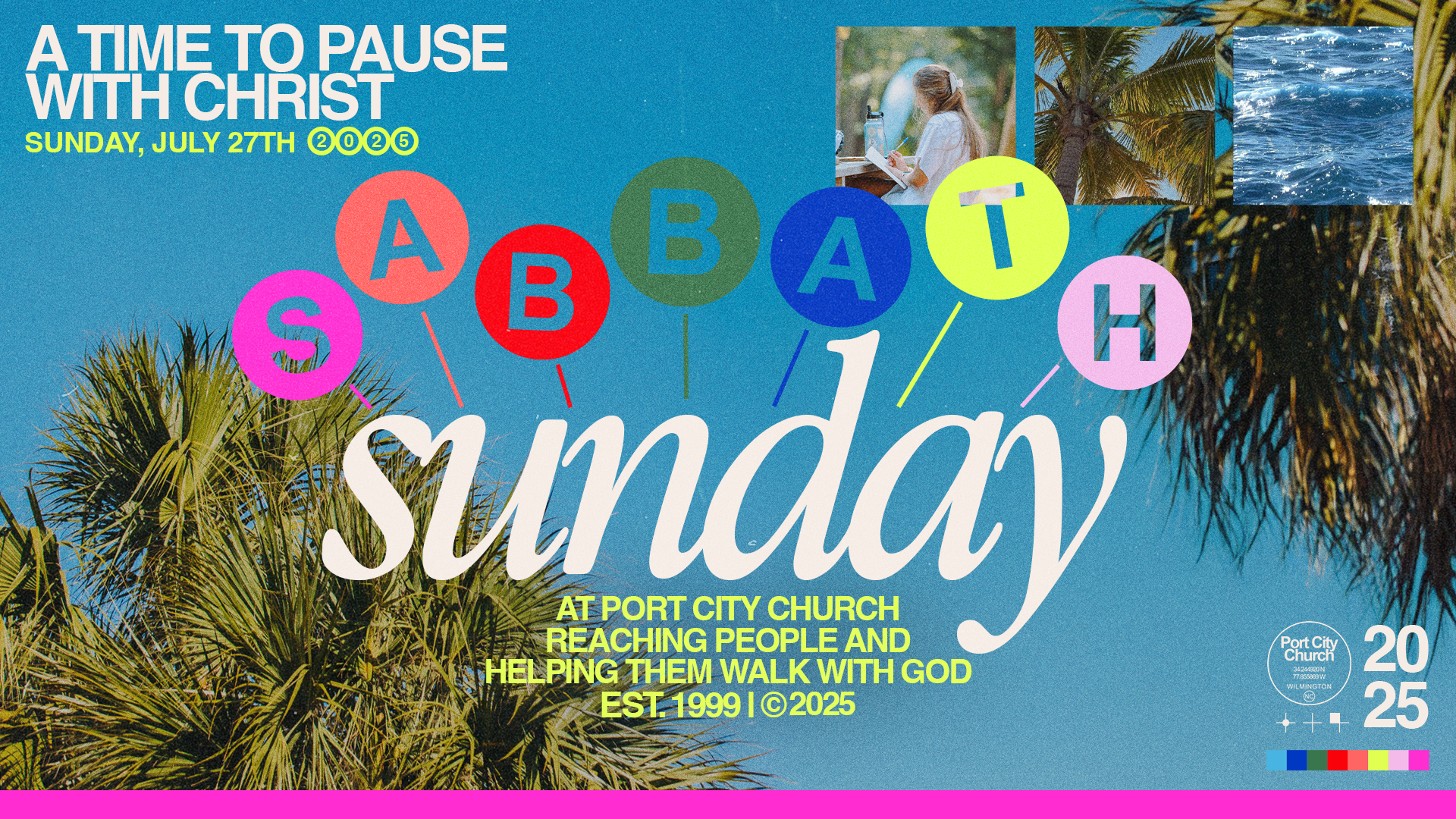Be Still
READ
In a world that never stops, the idea of being still can feel almost revolutionary. Our phones buzz with notifications, our calendars overflow with commitments, our minds race with endless to-do lists. We've become so accustomed to constant motion that stillness feels uncomfortable, even guilty. But right here in the middle of Scripture, God gives us a different invitation: Be still.
Let’s take a moment to read Psalm 46:10:
"Be still, and know that I am God; I will be exalted among the nations, I will be exalted in the earth."
REFLECT
The Hebrew word used here, "raphah," means to let go, to release, to cease striving. It's about relaxing your grip on control, stepping back from the frantic pace of life, and creating space to remember who God is.
"Be still, and know that I am God." The knowing that comes from stillness is different from the knowing that comes from study or experience. It's the deep, soul-level knowing that comes from being present with the One who holds all things together. When we stop our constant doing and striving, we create space for this kind of knowing to emerge.
Think about your relationship with stillness. Does it feel natural and restorative, or does it feel uncomfortable and unproductive? Many of us have been so conditioned to equate worth with activity that we've forgotten how to simply be. We've convinced ourselves that if we're not constantly doing something, we're being lazy or selfish. But God's invitation to stillness challenges this entire worldview.
The context of this psalm is crucial. It's written in the midst of chaos—nations in uproar, kingdoms falling, the earth shaking. Sound familiar? In our own contexts of uncertainty and upheaval, the invitation to stillness isn't about escaping reality; it's about finding the unshakeable foundation that remains when everything else is shifting.
"I will be exalted among the nations, I will be exalted in the earth." This is God's promise: regardless of what's happening around you, regardless of how out of control things feel, God remains sovereign. Your stillness isn't passive resignation; it's active trust in the One who rules over all circumstances.
Stillness gives us perspective. When we're constantly moving, constantly reacting, constantly trying to manage every detail of our lives, we lose sight of the bigger picture. We forget that we're not actually in control, that our frantic efforts to manage outcomes often create more anxiety than peace. But when we stop, when we're still, we remember that there is One who is in control, and He is good.
This doesn't mean being passive or irresponsible. It means learning to act from a place of peace rather than panic, from trust rather than fear. It means doing what is ours to do and releasing what is not. Stillness teaches us the difference between the two.
Consider what it might look like to practice stillness in your own life. Maybe it's five minutes of quiet before you start your day, sitting in silence and remembering that God is God. Maybe it's a regular walk without your phone, creating space for your soul to breathe. Maybe it's learning to pause before responding to challenging situations, asking God for wisdom rather than immediately reacting.
The freedom to stop is exactly that—freedom. You don't have to carry the weight of the world on your shoulders. You don't have to have all the answers or control all the outcomes. You can stop, be still, and remember that there is One who is God, and you are not He. This realization isn't diminishing; it's liberating. In our culture of constant connectivity and endless productivity, choosing stillness is a profound act of faith. It's declaring that your worth isn't determined by your output, that your value isn't measured by your busyness, that your security doesn't depend on your ability to control every circumstance.
When you practice stillness, you're not just taking a break from activity; you're entering into a deeper reality. You're aligning yourself with the rhythm of the One who "makes wars cease to the ends of the earth" (Psalm 46:9). You're trusting that the same God who holds the nations in His hands also holds your small, daily concerns.
Be still, friend. Give yourself permission to stop, to breathe, to remember who God is. The world will continue to spin, your responsibilities will still be there, but you'll engage with them from a place of peace rather than panic, from trust rather than fear. In stillness, you'll find not emptiness but fullness—the fullness of knowing that you are held by the God who is sovereign over all things.
RESPOND
Take a moment to process what God might be leading you to do in light of what you read.
How might your decision-making and responses to challenges change if you regularly practiced stillness and remembered that God is God?
What would it look like to build regular practices of stillness into your daily or weekly rhythm?
REST
Take a moment to rest in God’s presence and consider one thing you can take away from your time reading, then close your devotional experience by praying:
God, You invite me to be still and know that You are God, but I confess that stillness often feels uncomfortable and unproductive. Help me to trust that You are sovereign over all circumstances, including mine. Give me the freedom to stop striving and the grace to rest in Your control. Teach me to act from peace rather than panic, knowing that You hold all things together. Amen.

